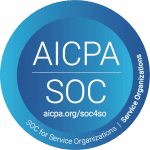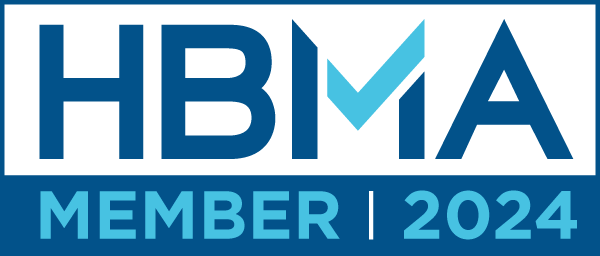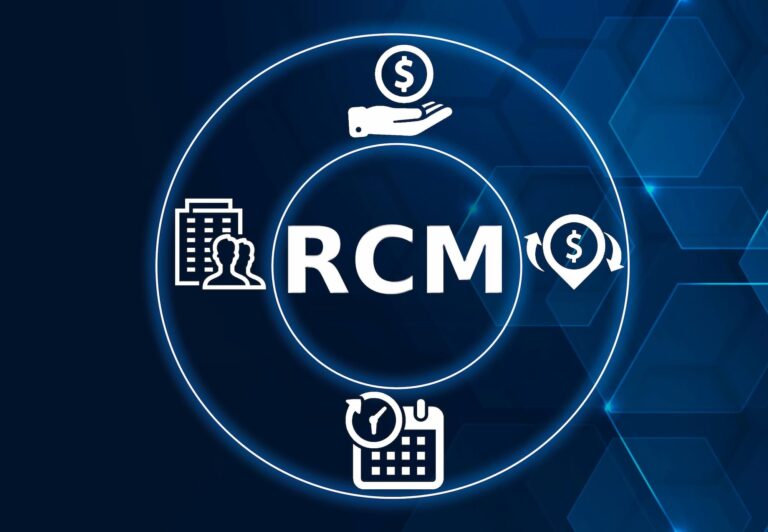Outsourcing RCM: A Strategic Move for Healthcare Practices in 2025
As healthcare continues to navigate the complexities of modern medical practices, the trend towards outsourcing Revenue Cycle Management (RCM) is gaining momentum. In 2025, more healthcare organizations are expected to turn to specialized firms to manage their RCM, driven by the need for efficiency, cost reduction, and enhanced financial performance.
Why Outsource RCM?
The primary allure of outsourcing RCM lies in its potential to dramatically reduce operational costs. According to a report by Deloitte, outsourcing can lead to a reduction in expenses by 20-30%, largely due to decreased overhead costs associated with maintaining an in-house team. Furthermore, outsourcing allows healthcare providers to scale services up or down based on demand, providing much-needed flexibility without the fixed costs of a permanent staff.
Outsourcing also grants access to specialized expertise. Third-party RCM providers are often better equipped to stay abreast of the latest billing regulations and payer requirements, ensuring compliance and reducing the risk of claim rejections and denials. A study from Black Book Market Research underscores this, noting that outsourced RCM services have improved provider revenues by an average of 5% to 15% due to enhanced compliance and more efficient billing practices.
PHIMED Technologies: Enhancing Outsourced RCM Solutions
PHIMED Technologies supports this outsourcing trend with PhyGeneSys, a sophisticated RCM software that integrates seamlessly with various third-party service providers. This compatibility allows healthcare practices to enjoy the benefits of outsourcing while maintaining a cohesive workflow, ensuring that data transfer between internal systems and external services remains smooth and secure.
The software solution by PHIMED ensures that all data handled by outsourced services adheres to strict security protocols, mitigating risks associated with data breaches and cyber threats. With security as a paramount concern, especially in light of increasing cyber-attacks in the healthcare sector, PhyGeneSys provides robust encryption and compliance tools that align with HIPAA and other regulatory standards.
Operational Benefits and System Compatibility
One of the critical advantages of PhyGeneSys in an outsourced model is its ability to streamline communication and data processing between healthcare providers and RCM firms. This results in faster turnaround times for claims processing and reimbursement, enhancing the financial cycle’s efficiency. Moreover, the system’s scalability allows it to adapt to the growing needs of healthcare practices, supporting everything from small clinics to large hospitals.
In terms of system compatibility, PhyGeneSys is designed to be interoperable with a wide range of healthcare IT ecosystems. This ensures that integrating with existing clinical and administrative platforms is hassle-free, avoiding the common pitfalls of system mismatches that can lead to operational disruptions.
Looking Forward
As 2025 unfolds, the move towards outsourcing RCM is set to reshape the financial landscape of healthcare practices. With systems like PhyGeneSys by PHIMED Technologies, healthcare providers can leverage the full potential of outsourcing to enhance their operational efficiency, maintain compliance, and improve their bottom line. This strategic shift not only supports healthcare practices in managing their financial operations more effectively but also allows them to focus more on their core mission: delivering excellent patient care.
By embracing these advanced technological solutions, healthcare providers can ensure they stay at the forefront of industry best practices, ready to adapt to the ever-evolving demands of the healthcare sector.









